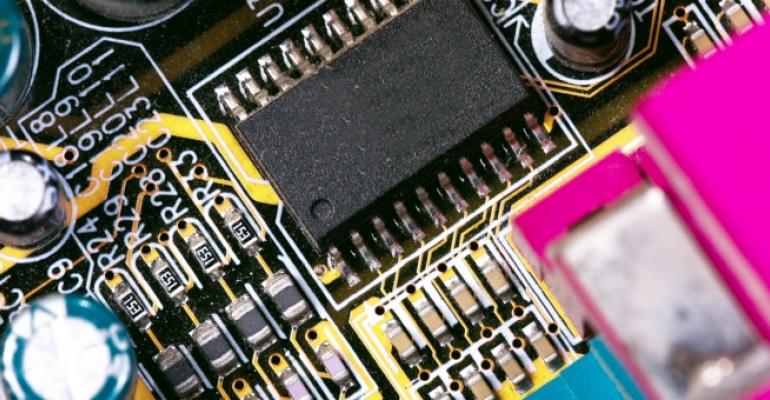Like many others, I picked up a Raspberry Pi 2 in the last few weeks. I didn’t get around to buying the first one so I’m a little late to this particular bandwagon. But after hearing that Windows would be released for the Pi 2, I thought “that actually sounds like it might be cool”.
So I ordered it. It arrived. I set it up. Indeed it is cool.
I think if you are an IT Pro and get to the point where you don’t get a kick out of booting up a new computer for the first time, even if it’s as small as a Pi and runs an unusual OS, then maybe you’re no longer in the right line of work.
After playing with the Pi for a couple of hours, I was having so much fun I ordered a second one. I decided that I’d keep one Pi running Linux, and use the other for when Windows IoT drops. Sure, I could just swap out Micro SD cards as a way of switching between OS, but the Pi costs less than 2 new release hardback novels so I didn't really mind picking up another. Owning multiple Raspberry Pi seems to be common.
Playing with the Raspberry Pi for a while reminded me of one of the near future worlds described fiction of a Sci-Fi writer named Vernor Vinge. In 2002 Vinge wrote a novella called Fast Times at Fairmont High. In 2006 Vinge wrote Rainbows End. Both works are set around 2025. Part of the plot involves high school students working on projects where small, disposable, network connected computers are so commonplace that the school buys them by the crate load in the same way that a school today might buy art supplies. And the ordinary students do amazing things with them, because for them, such small powerful computing is just part of the world they live in.
Which, while fictional, might be the world we’re headed for.
The next few years aren’t just going to be about high end shiny consumer kit like Surface Pros, Macbook Airs and servers running in massive vendor public cloud datacenters. The future is also going to be about small ultra-cheap disposable computers with the form factor of the Pi being used in ways that we can’t currently conceive of.
If you do still get a kick out of booting up a new computer and you’re just plane curious about how well such a cheap bit of kit functions, I suggest that you do yourself a favor and pick yourself up a Pi and sign up for the Windows Developer Program for IoT https://dev.windows.com/en-us/featured/Windows-Developer-Program-for-IoT.
When Windows for IoT does become available, I'll provide some more coverage about what it's like to run Windows on a device that costs less than a good keyboard.
---
Orin Thomas is an MVP, an MCT, a Microsoft Regional Director, and has a string of Microsoft MCSE and MCITP certifications. He has written more than 30 books for Microsoft Press on IT Pro topics including Windows Server, Windows Client, SQL Server, Exchange, and System Center. He is an author at PluralSight and is a contributing editor for Windows IT Pro. You can follow him on twitter @orinthomas





